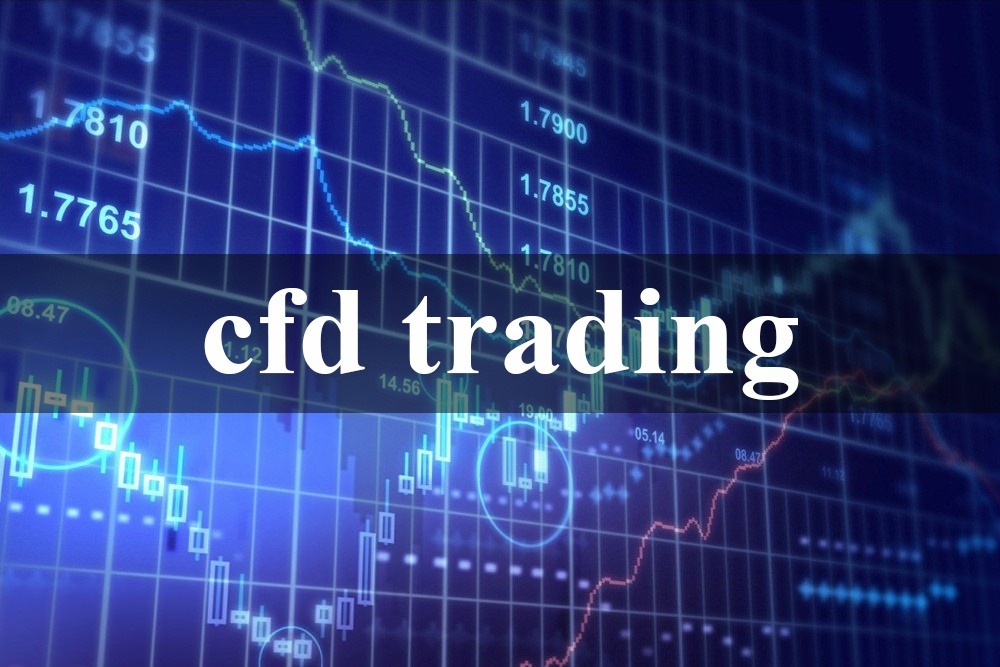Managing Risk While Trading CFDs

Trading CFDs
Below, we will take a look at a few points that are good to keep in mind if you are interested in doing CFD trading.
Market risk
A contract for difference gives you exposure to a fluctuating price, so there will be a market risk.
Some markets and assets tend to be more volatile than others, and this is something that prospective CFD traders should take into account.
CFDs based on cryptocurrency exchange rates (crypto-to-crypto, crypto-to-traditional currency, crypto-to-commodity, etcetera) will, for instance, expose you to a market that is notorious for its high volatility.
Hedging
CFDs are commonly used for hedging other investments, but hedging can also be a suitable risk-management strategy for the pure CFD trader.
Leverage
Contracts for difference are commonly traded using leverage, adding another element of risk. Leverage will amplify both the possible loss and the possible gain. Make sure you understand the terms and conditions before you agree to use leverage.
Important: Brokers offering negative balance protection can be great for the trader, but it comes with its own set of terms and conditions, and you need to do your homework to fully understand what this entails with each specific broker.
Negative balance protection can, for instance, involve giving your broker permission to set very conservative automatic stop-losses for your open positions.
Stop-losses can kick-in in a situation where you would have very much preferred to stay put and ride out the temporary drop instead of automatically having positions closed for you.
Counterparty risk
Counterparty risk is associated with the financial stability and accountability of the counterparty to a contract.
In general, the counterparty risk is considered higher for over-the-counter trading than for exchange trading that goes through a reputable clearing house.
When retail traders engage in CFD trading, their counterpart will normally be their brokers.
So, for you to actually get what you have earned, your broker must be willing and able to honour the obligation.
What happens if they fail on one or both of these points?
What legal recourse you will have in such a situation depends on several factors, including the jurisdictions involved.
(Some brokers are based in country A, have a license from country B and welcome traders from Country C, so the question of jurisdiction can become complicated.)
When the CFD counterpart fails to meet its financial obligation to the trader, the CFD trading will have little or no value regardless of the underlying instrument.
With a CFD, you as a trader never actually become the owner of company shares, a commodity, an stock options contract that can be sold elsewhere, etc.
A few recommendations:
- For CFD traders in Australia, the legal situation becomes less complex if they stick with a broker based in Australia who has an Australian Financial Services License. If you are a trader within the European Union, pick a broker with a legal presence in a member country who also has a license from that country, and so on. Avoid getting into legal situations that are more complex than they need to be.
- Avoid brokers based in and licensed by jurisdictions known for their low requirements and sketchy oversight. Also, avoid unlicensed brokers.
- Select a broker that is required to keep client funds segregated from company funds. This can put you in a somewhat better situation in the event of a company default, bankruptcy or reconstruction.
- You can spread risk by using multiple brokers. Just like you would not “put all your eggs in the same basket” when it comes to investments, it can be a good idea not to be loyal to a single broker.
Category: Cryptocurrency




